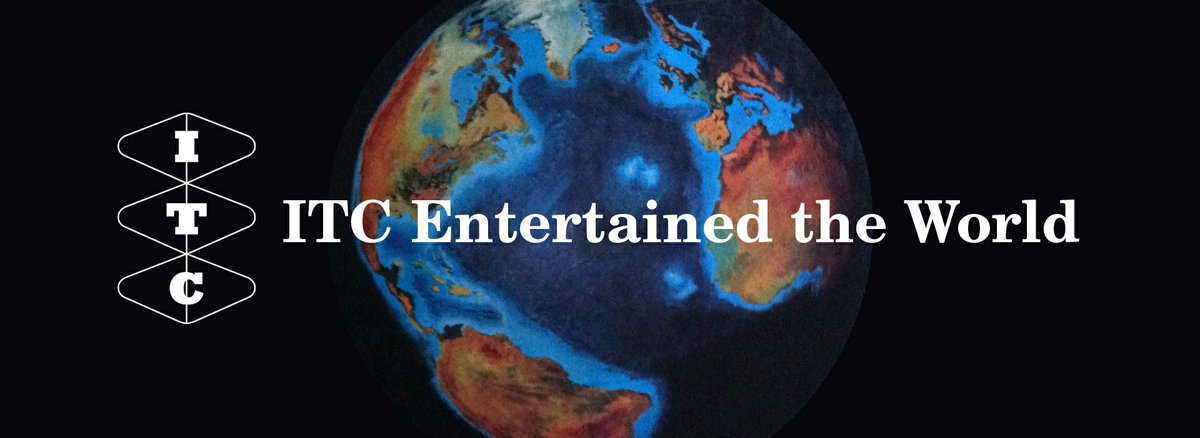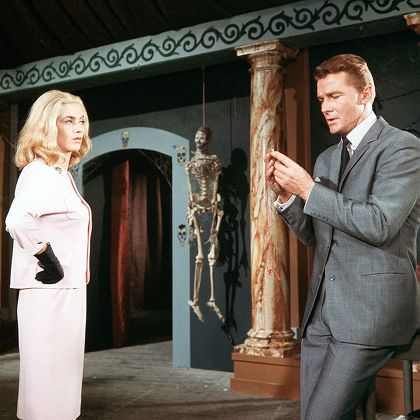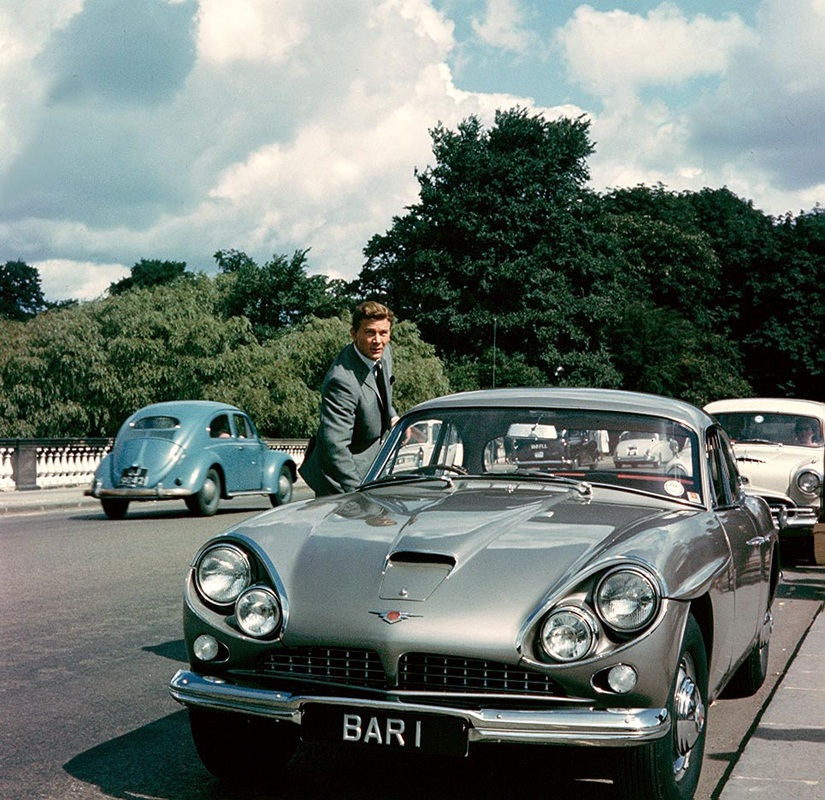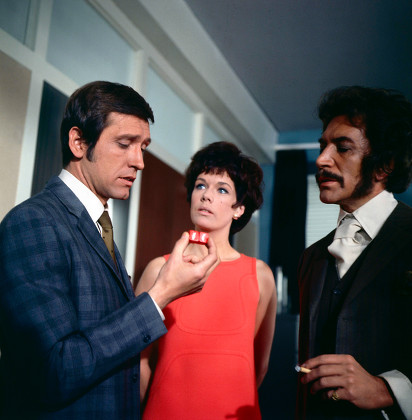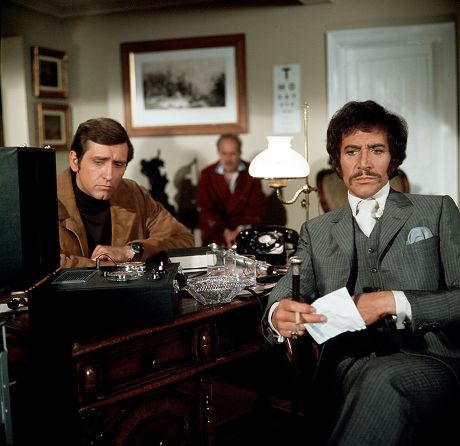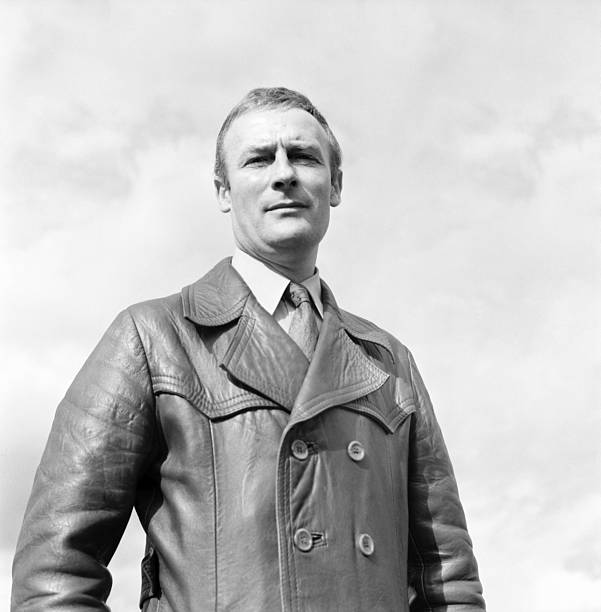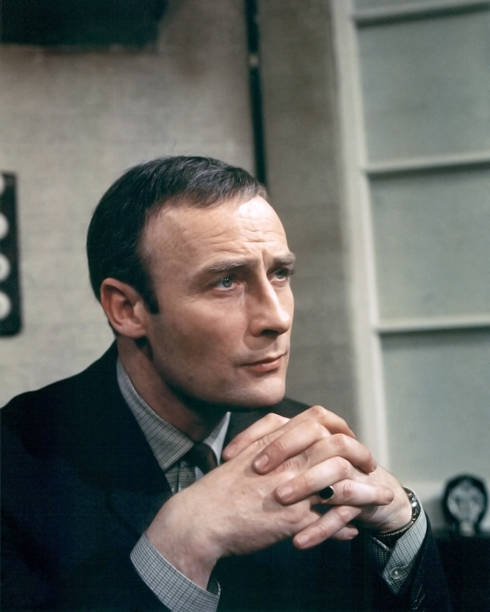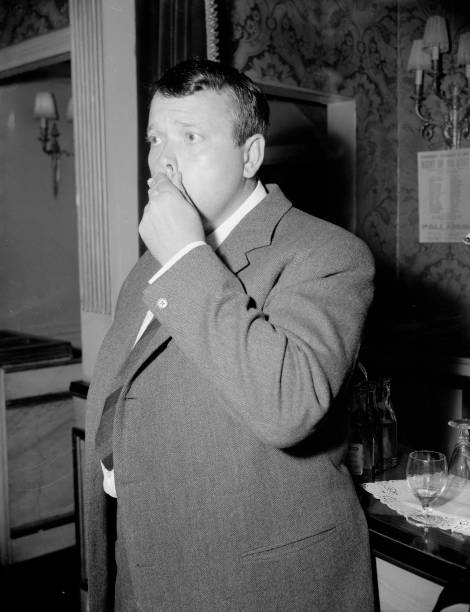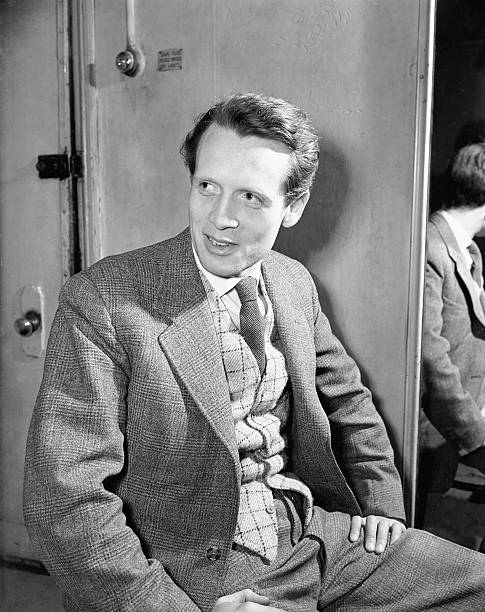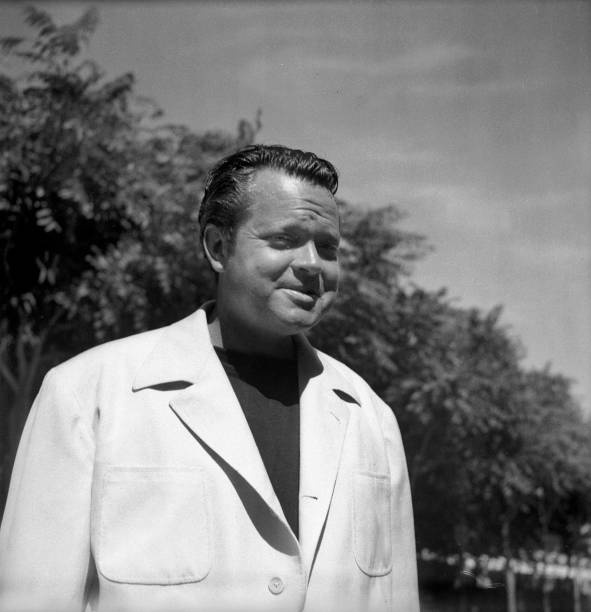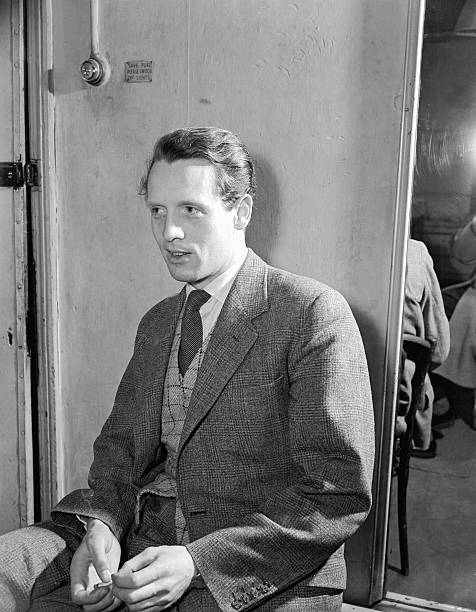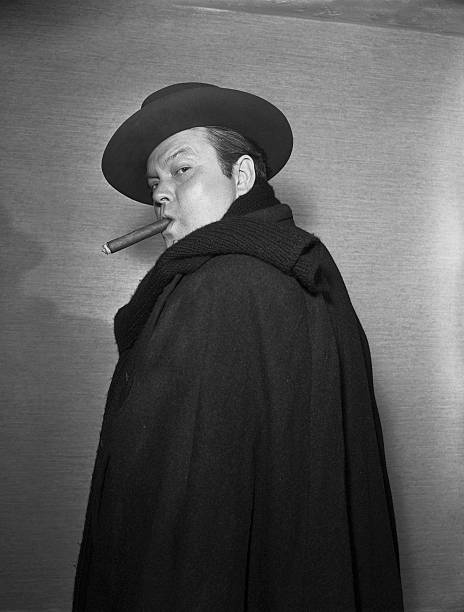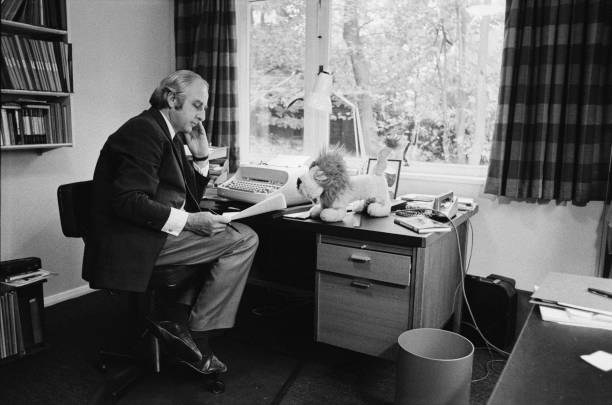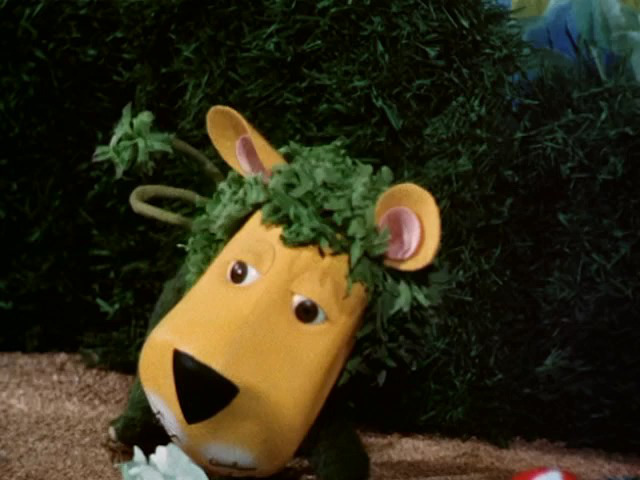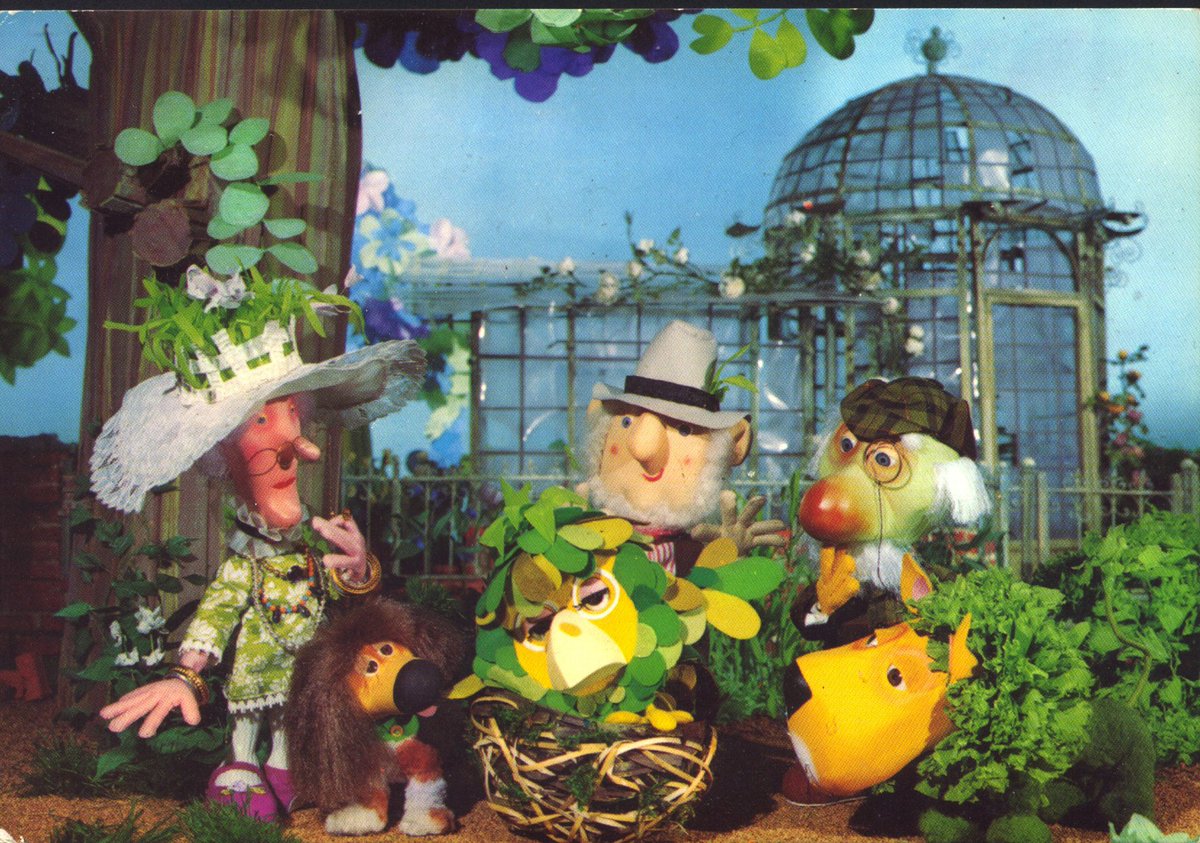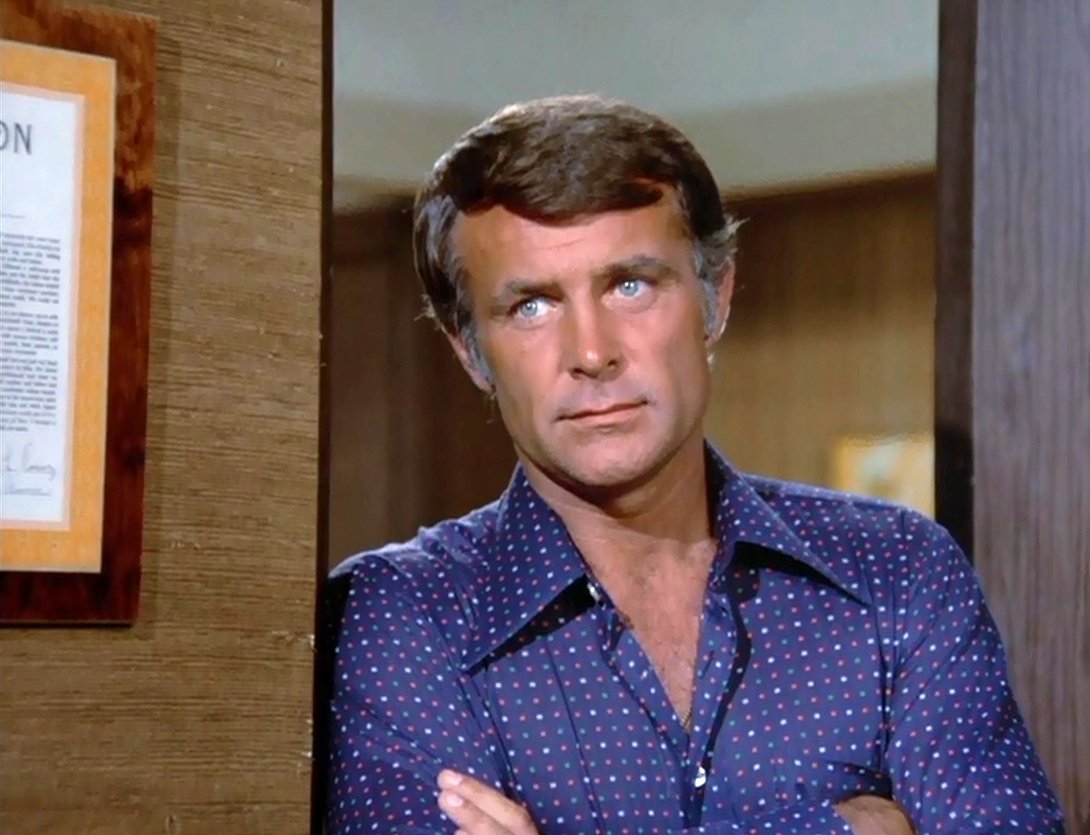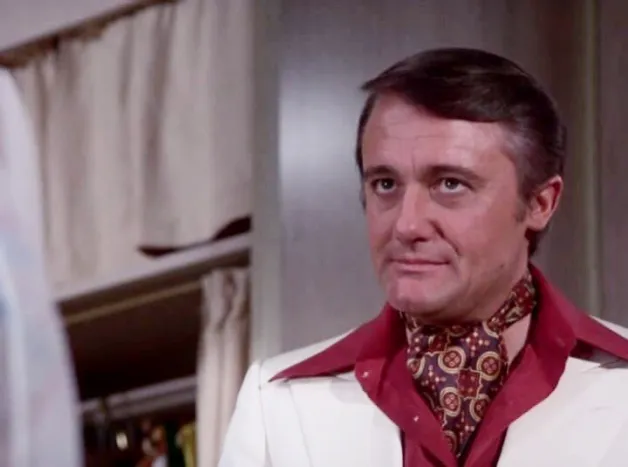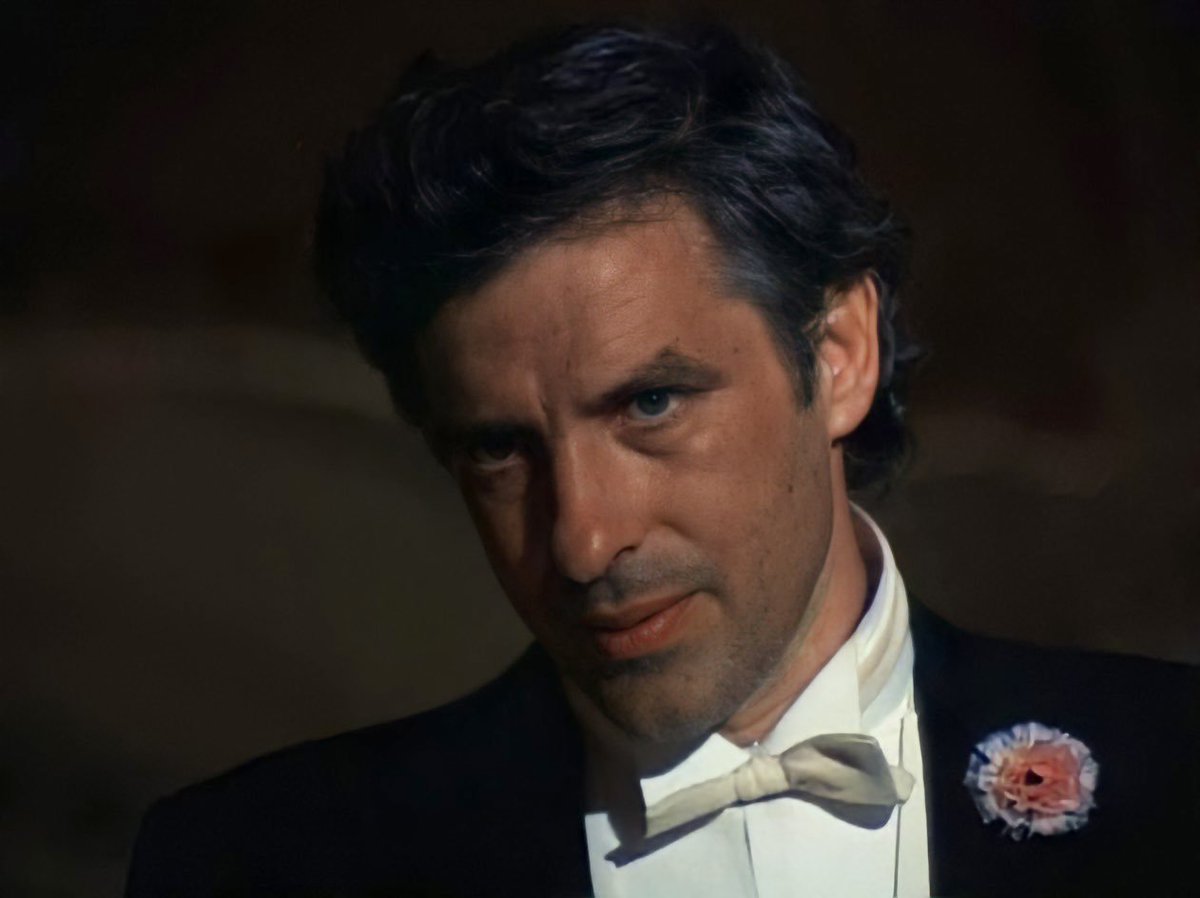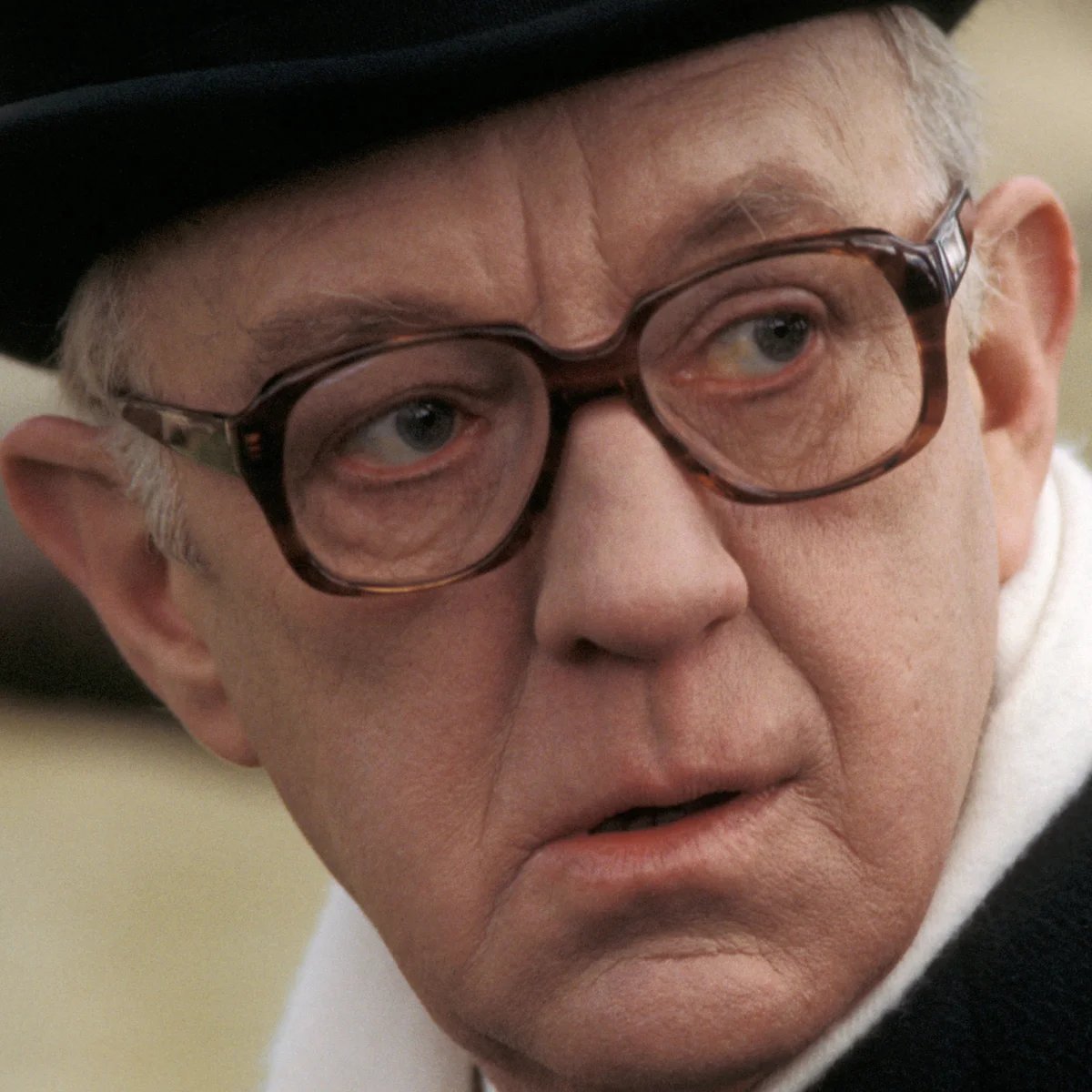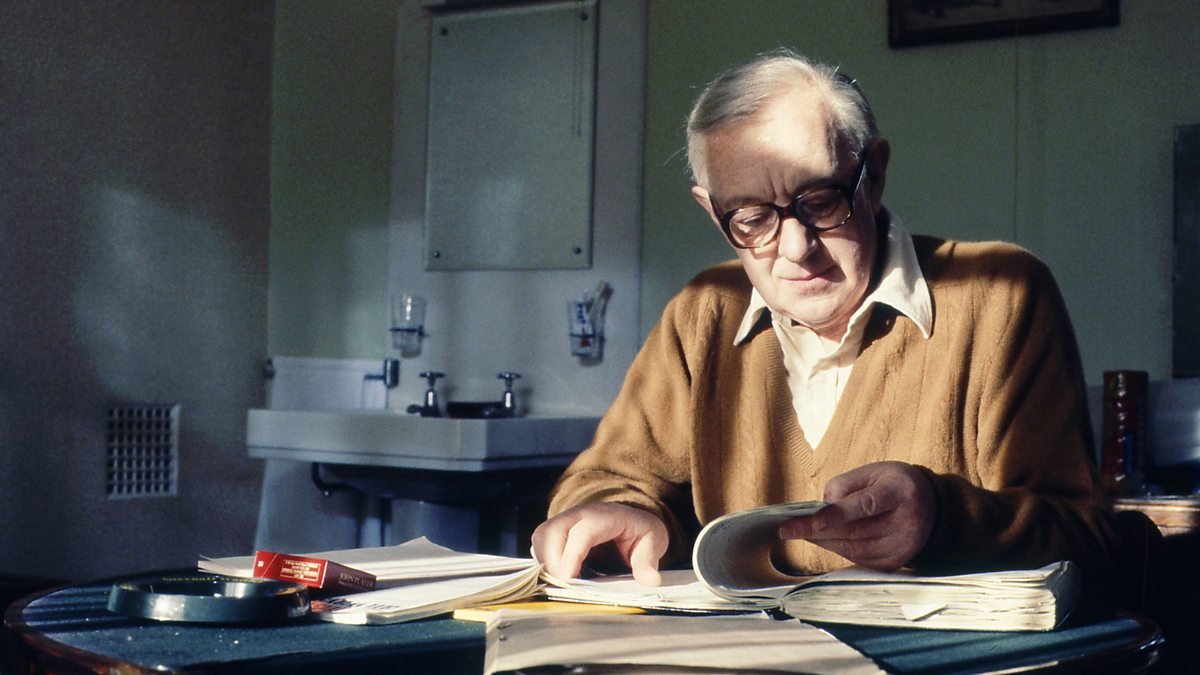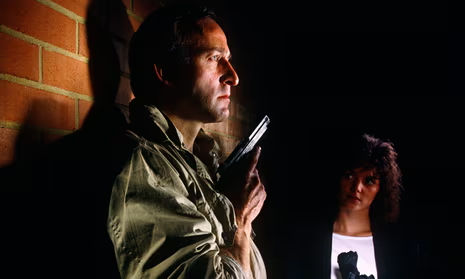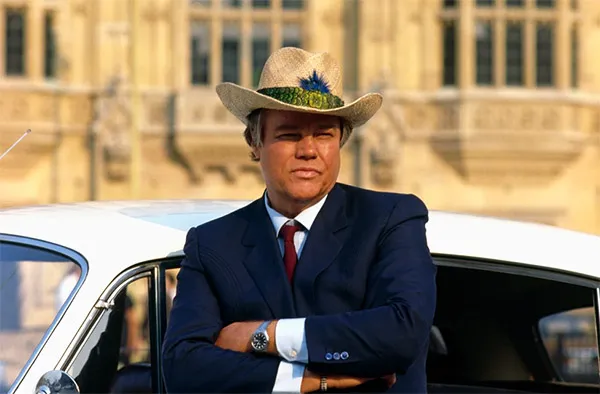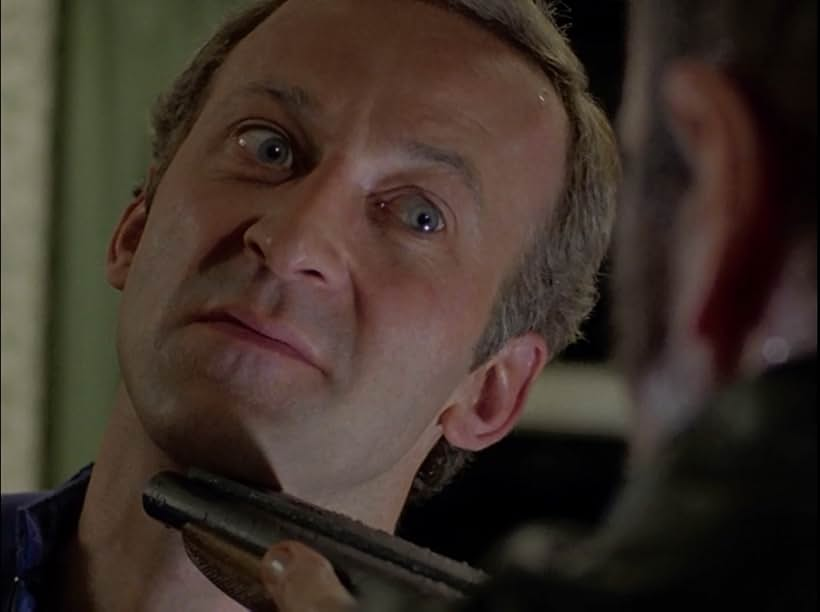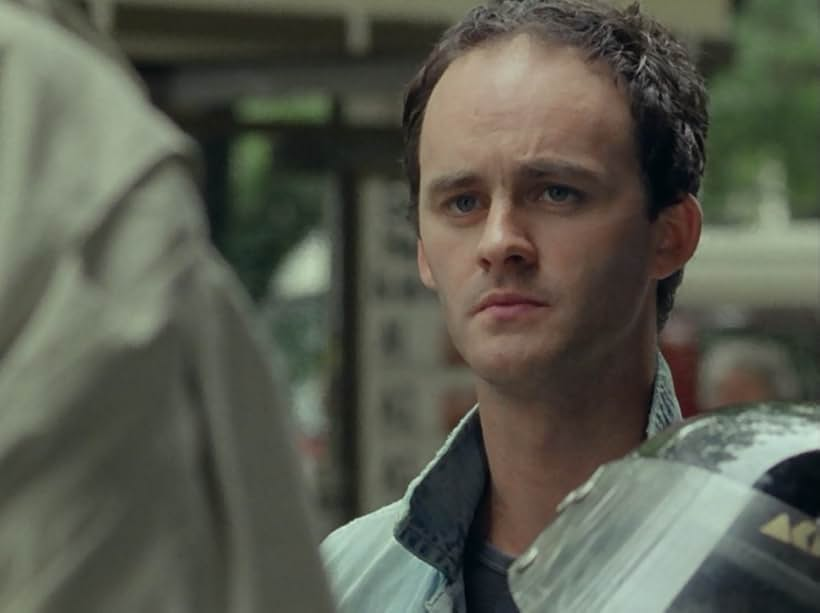Annette Andre has devoted much of her time in recent decades to animal welfare projects. However, as a young aspiring actress she took the bold decision to leave Australia and seek out a career in the UK as the 60s began to swing. For me she as synonymous with the 60s as Twiggy. 

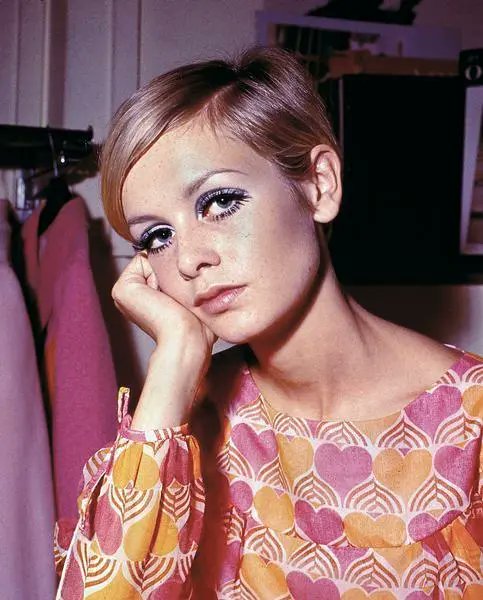
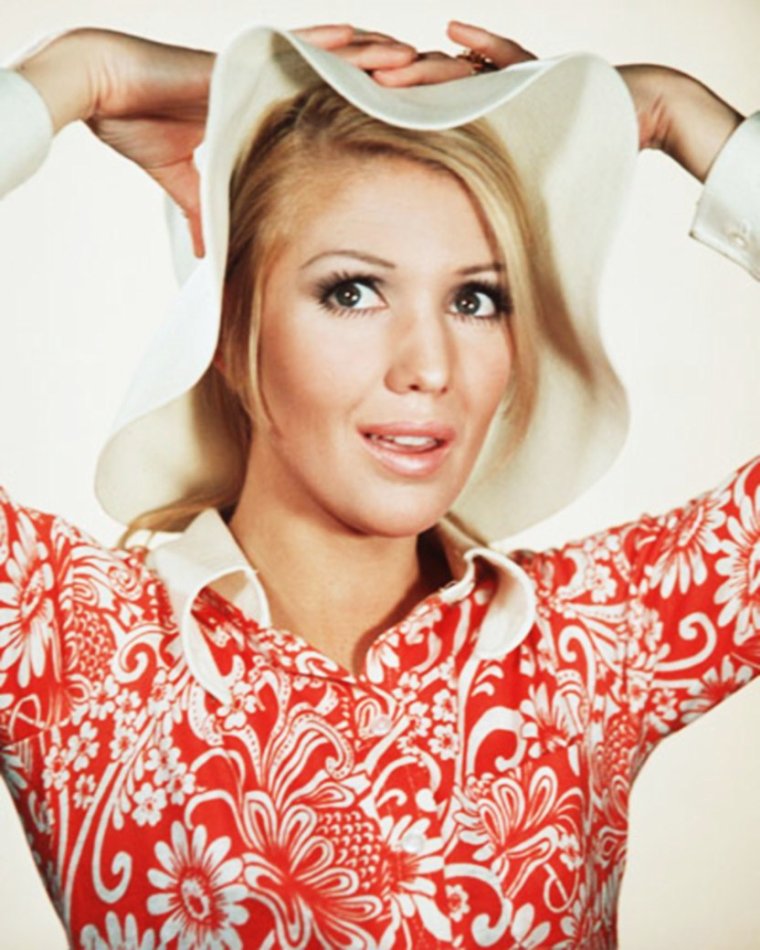
One of her first roles was in my father's Avengers episode Mandrake where she plays Judy, an aspiring actress working in a cracker factory. Steed promises her dinner out in Soho in a restaurant popular with movie people...in return for information, naturally. 
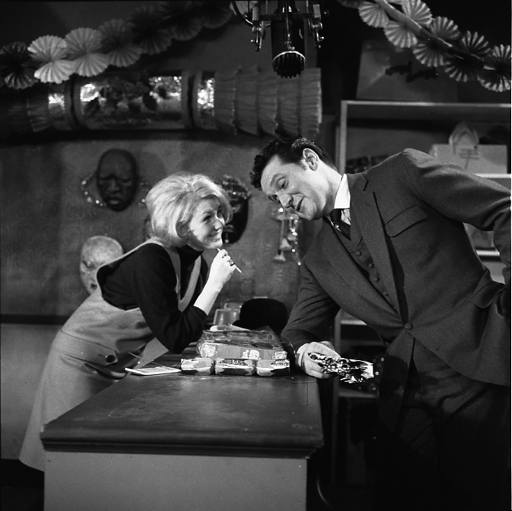
In Gideon's Way - in an enlightened piece of casting - she plays Sue, a member of Anton Rodgers' thuggish Chelsea houseboat gang, in a star-studded cast. 

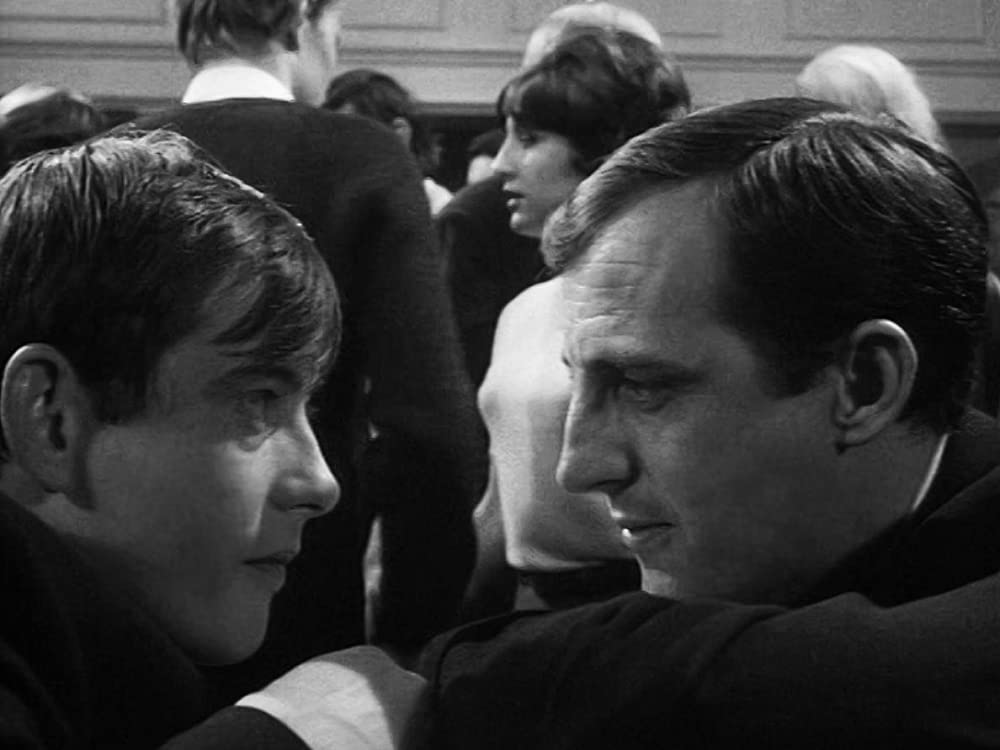
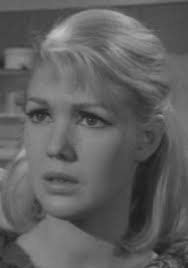
Annette proved to be one of Roger Moore's favourite guest stars on The Saint, appearing five times across the b/w and colour runs, including the popular House on Dragon's Rock episode. 

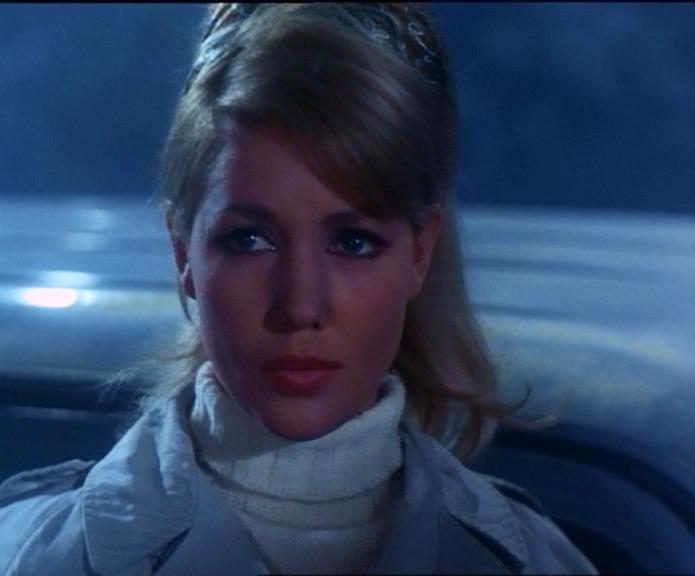
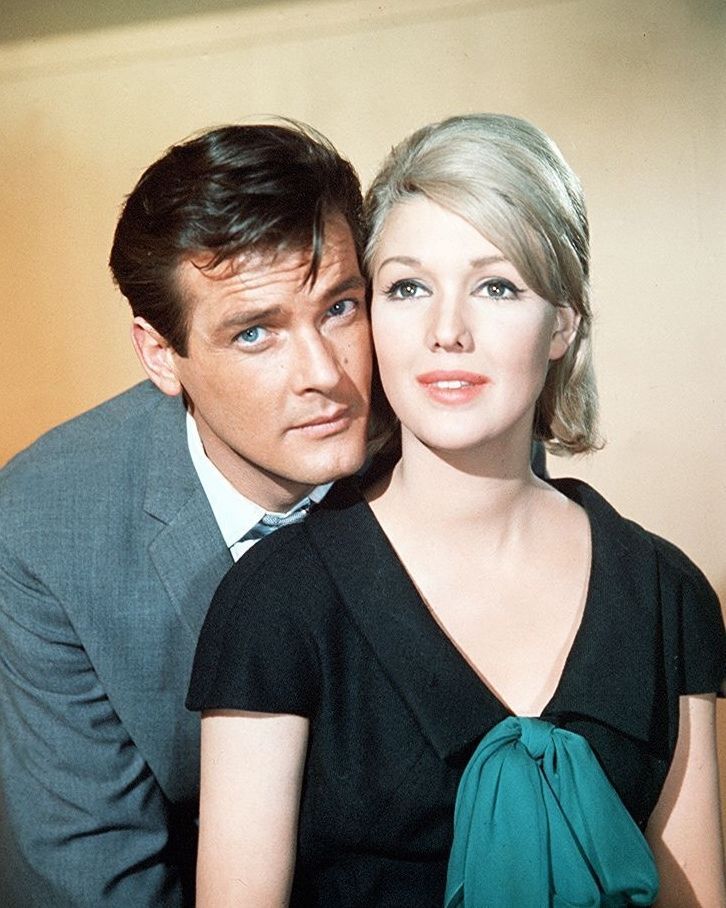
Andre was always capable of playing beyond the 'blonde beauty', as she effortlessly demonstrated in an action role in The Baron episode The Roundabout, set in Paris. 
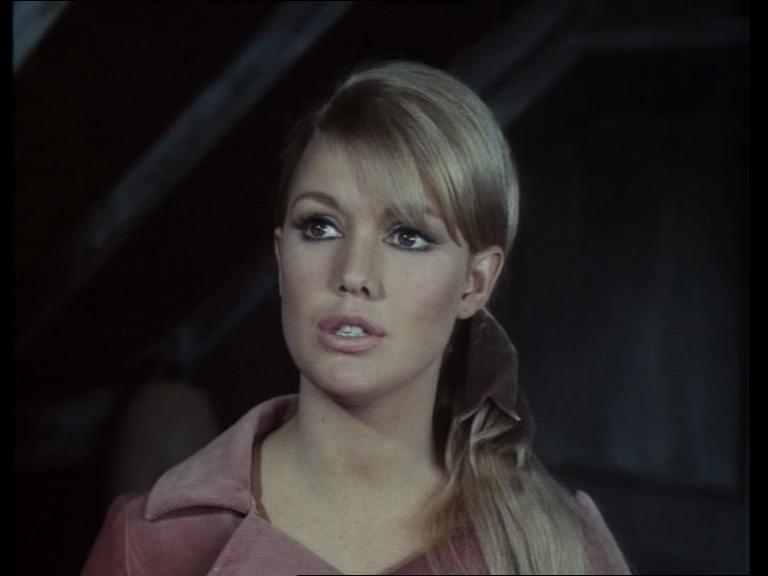
She later commented on the 'unpleasant' experience of working with Pat McGoohan on The Prisoner episode It's Your Funeral, as the watchmaker's daughter, finding the actor unfriendly and uncooperative, although the part itself was an exciting one. 

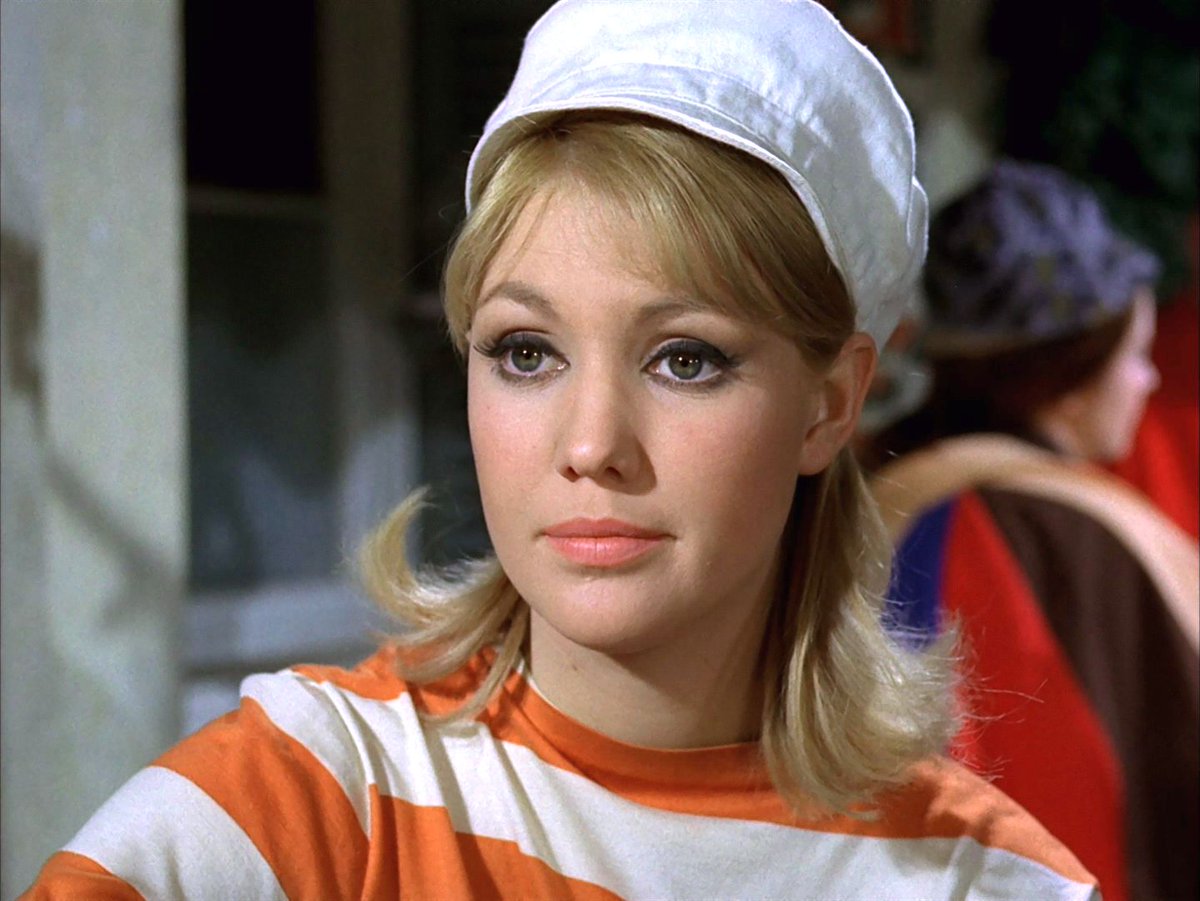
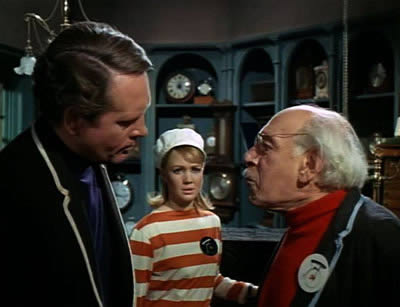
For many, of course, she is Jeannie Hopkirk, a series she loved, particularly when the writers allowed her character to escape the limitations of the office. 
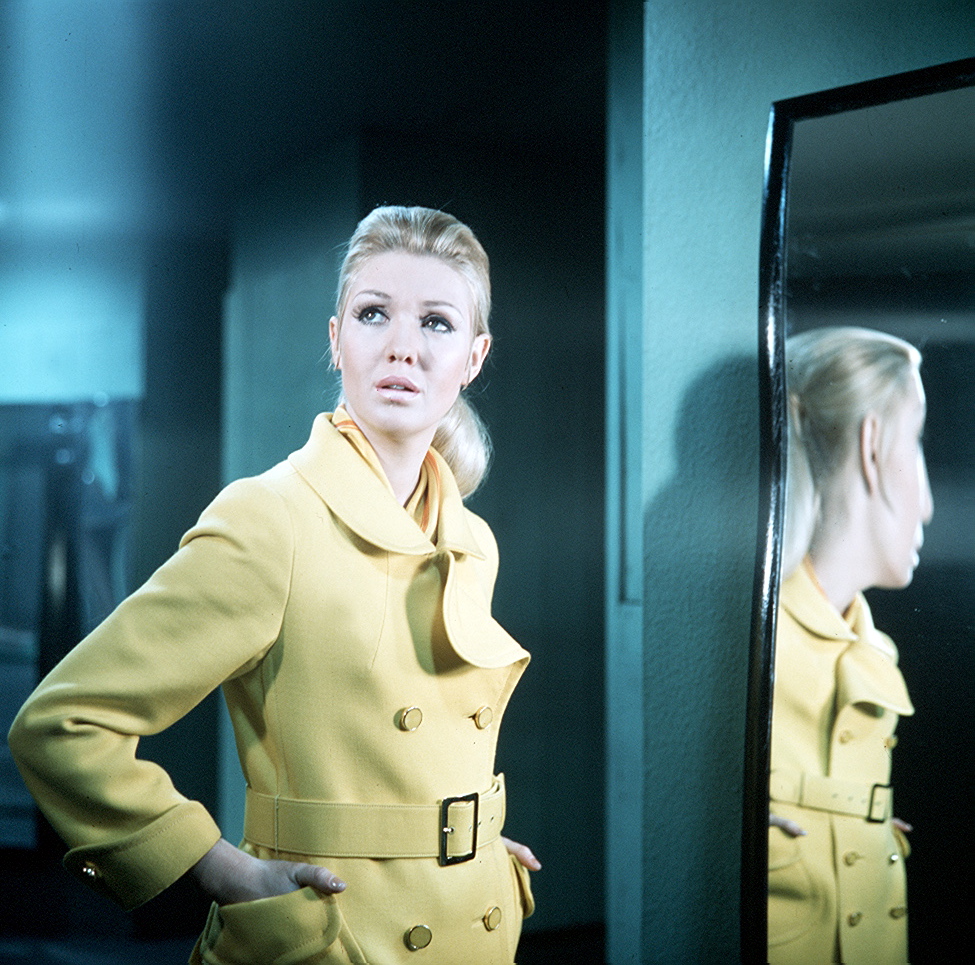
Admired by a string of male celebrities, from George Best to Benny Hill, she has written a fascinating autobiography covering her career and life. Full of insightful observations and sparkling with an impish sense of humour. 

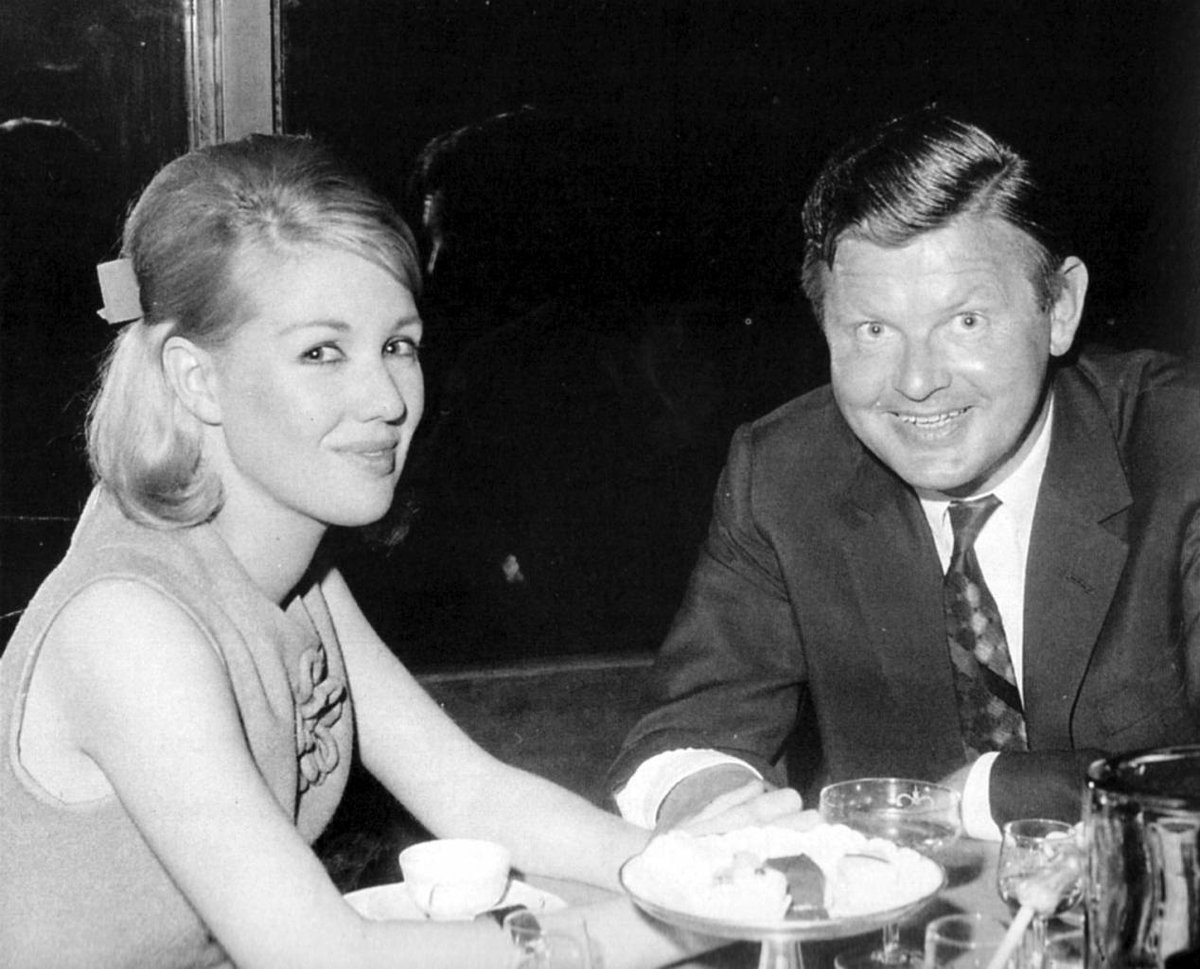
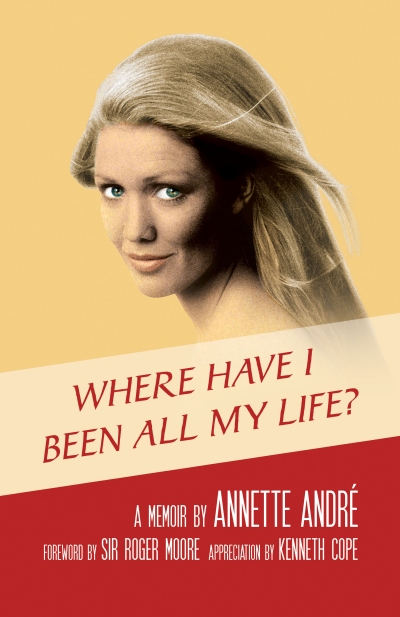
She has always looked back on the 1960s with great fondness, grateful for the acting opportunities she got, while remaining critical about the limitations for young actresses in the world of TV. She felt that too often they were there as 'decoration'. She has a fair point I think 
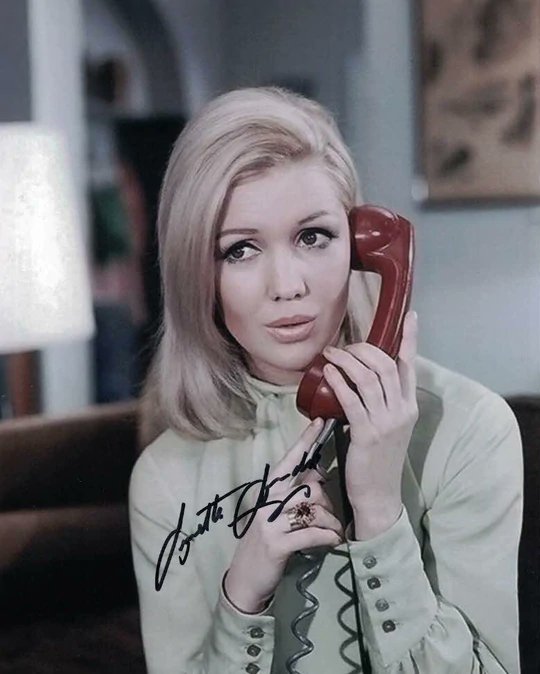
During the last months of my dad's life, we hung a montage of photos from his shows in his care home bedroom. Despite having little short-term memory left, he pointed to this one and said, "Annette Andre!" It clearly brought back fond memories and AA was delighted when I told her 
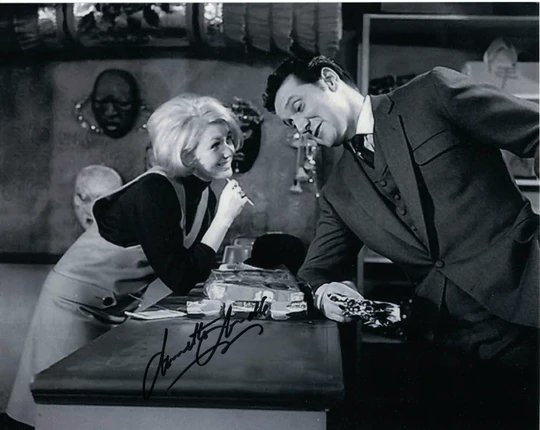
• • •
Missing some Tweet in this thread? You can try to
force a refresh


